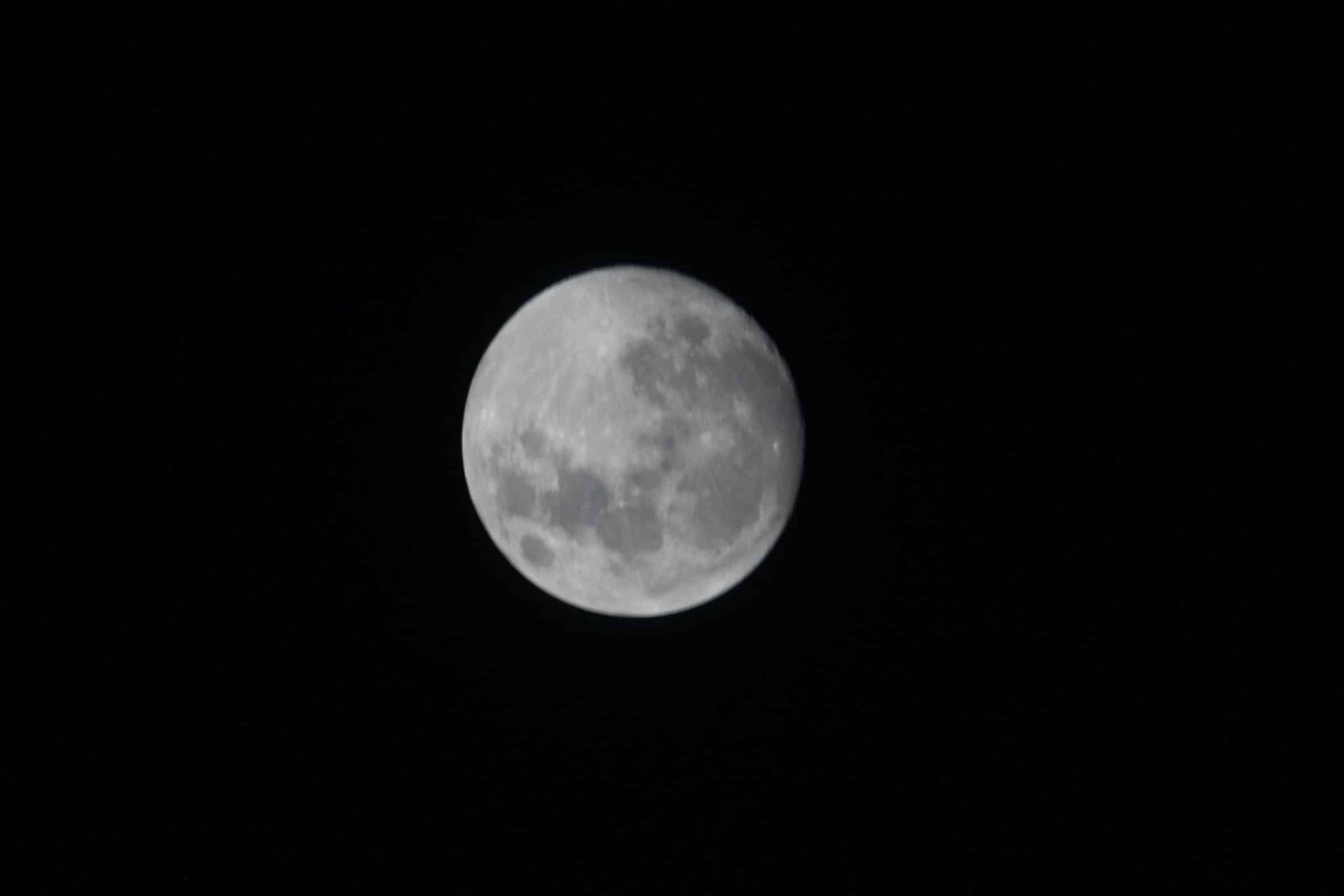Has NASA collapsed? | Evolution News


Science writer Joel Achenbach reported last Tuesday in the Washington Post that NASA – which once had men walk on the moon – is on the precipice:
NASA is 66 years old and feeling its age. Brilliant engineers are retiring. Others have run to higher-paying jobs in the aerospace industry. The buildings are old, their maintenance has been postponed. The Apollo era, with its massive taxpayer investment, is a distant memory. The agency now pursues a complex mission on a shoestring budget.
This may be an unsustainable approach for NASA, which jeopardizes long-term success. That’s the conclusion of a comprehensive report, titled “NASA at a Crossroads,” written by a committee of space experts and published Tuesday by the National Academies of Sciences, Engineering and Medicine.
The report suggests that NASA is prioritizing short-term missions and failing to think strategically. In other words, the space agency has not focused enough on the future.
NASA is offering a great deal now to private industry. The problem is, it’s hard to attract creative engineers to the job of managing the work of others. The report recommended spending more time on technology development and crew training and less on expensive missions to the moon and Mars.
Here is the report.
It’s Worth Asking, Is This A Recession That NASA Can Pull Out?
In the United States, private groups are moving into commercial space and China is catching up, advancing its lunar missions. Perhaps the NASA example is part of history.
NASA’s Facebook page announces,
Polaris Dawn’s mission is to achieve the highest orbit of Earth by a spacecraft since the Apollo era, and will also include the first space flight by a solo astronaut. The four crew members include Commander Jared “Rook” Isaacman, Pilot Scott “Kidd” Poteet, and Mission Specialists, Sarah “Cooper” Gillis, and Anna “Walker” Menon.
Here’s Mission Specialist Sarah “Cooper” Gillis making a spacewalk from Elon Musk’s SpaceX Polaris Dawn Dragon:
As space science writer Jackie Wattles says in CNN, “SpaceX showed Thursday that making space travel is a job that can be done by industry, not just government astronauts. In doing so, Elon Musk’s company took a big step toward commercializing that capability.”
Workers are expected to return on Sunday or Monday.
A Harder World Now
At one point, this would be a political victory, of sorts, for the United States against the Soviet Union. But, with private expertise competing with the government in the “first” category, the space race can be more difficult.
Others don’t like what they see. In the real example of small people bringing down big people, we learn from them American scientist, “The world’s richest man, Elon Musk, is widely praised as an innovator. But his two biggest successes, SpaceX and Tesla, have involved launching versions of products that were invented by others and not the first of their kind,” he writes. Scientific American editor Dan Vergano. These Musk businesses have also benefited from hundreds of millions of dollars in government loans.
Maybe, but the truth is, he was preparing it and his people were doing it. It was very dangerous, by the way. Wattles writes, “A misstep during the critical “pre-breathing” process in the lead-up to space flight can put crew members at risk of ‘the bends,’ or decompression sickness — a condition experienced by scuba divers that involves nitrogen bubbles in the blood. .”
This Is Just the Beginning, Industry Watchers Say
The International Space Station will soon be decommissioned and the question is what will replace it? Aviation journalist Andrew Jones predicts the hour Space.com that “private companies – including SpaceX, Blue Origin, Planet, Rocket Lab, Virgin Galactic, Axiom Space and Sierra Space – are poised to deliver a new era of commercial space stations”:
“In the short term, commercial space stations are an important next step to fill the void left by the retirement of the ISS,” said Lauren Andrade, spokeswoman for the Beyond Earth Institute. “Furthermore, commercial space stations offer flexibility and capital that government-run projects lack.” (July 18, 2024)
He goes so far as to say that smaller government means less bureaucracy and more innovation. Did you get the Jones title, did you? He, along with Wattles above, are “space journalists” – a new name in the news industry and a sign of the times.
Physicist Manolis Plionis and law professor Anthi Koskina are concerned that the investigation may be going too far ahead of the law:
In the 2019 Beresheet accident, a privately funded Israeli space probe crashed into the Moon during a landing attempt. It allegedly shed human DNA samples as well as thousands of tardigrades, tiny invertebrates that can survive under the harsh conditions used in experiments to test the limits of life in outer space.
In fact, the co-founder of the private company that requested the shipment of the cargo acted on his own free will, and did not inform any authority about his decision to send tardigrades to the moon.
The science fiction writes itself… But it also raises an interesting question. What if the personal craft were the first to discover life outside? What rules apply?
NASA or no, we live in interesting times.
Published in Mind Matters News.
#NASA #collapsed #Evolution #News



